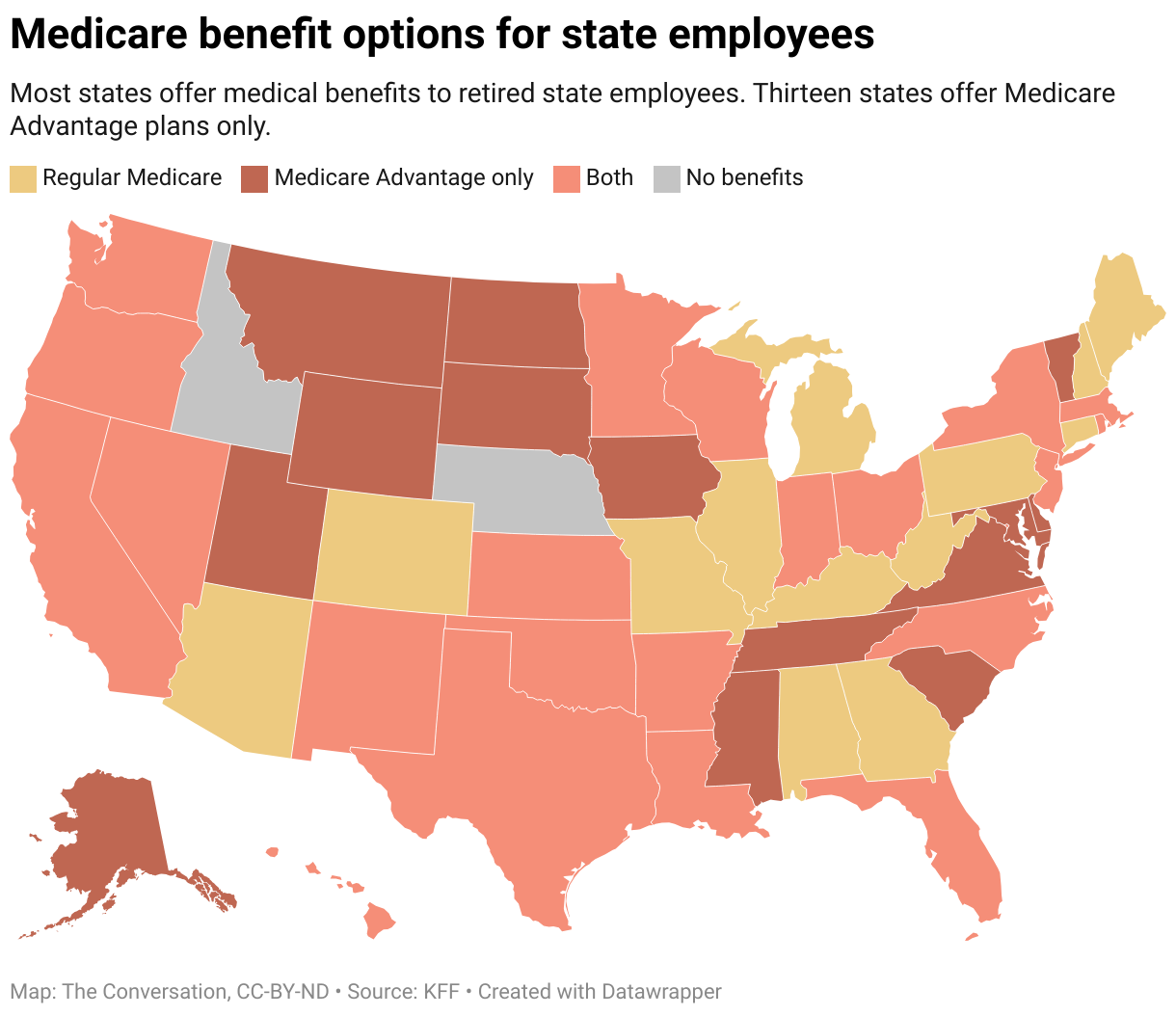Are You Still Looking For Health Insurance?
Explore ACA Marketplace Plans or Short-Term Coverage Based On Your Needs
Overview
Health insurance is like a safety net for your healthcare needs. Imagine you pay a monthly fee, like a subscription, to a company. In return, this company helps cover some of your medical bills when you need it. It’s not just about the money, though. It’s also a promise between you and the company. This promise explains what kind of healthcare services you can get, how much you must pay, and how to use those services. It’s a way to make sure you’re protected financially and can get the care you need.
There are many plan options.
If you are under 65, you’re eligible for:
- Affordable Care Act (ACA) Marketplace plans: Enrollment is usually during the annual Open Enrollment Period (Nov. 1 – Jan. 15) or after Qualifying Life Events (QLEs) like marriage or loss of other coverage.
- Learn more about ACA Marketplace Plan costs, enrollment and eligibility.
- Short-Term Medical Plans: a temporary medical insurance plan that provides coverage to help protect you from unexpected medical bills.
- Learn more about Short-Term Medical Insurance plan costs, enrollment and eligibility.
- COBRA: provides a temporary continuation of employer-based health coverage after a job loss, reduced hours, or other events.
- Learn more about COBRA health insurance costs, enrollment and eligibility.
- Medicaid and CHIP: healthcare coverage for lower-income individuals. Apply any time during the year if eligible, through your state’s Medicaid agency or the Marketplace.
- Learn more about Medicaid costs, enrollment and eligibility.
- Medicare: The federal health insurance program developed for older individuals aged 65 and up as well as for those who are under age 65 with specific disabilities or conditions.
- Learn more about Medicare costs, enrollment and eligibility.
If you’re over 65, you’re eligible for Medicare
When Americans turn 65, they should enroll in Medicare Part A (hospital insurance) and Part B (medical insurance) online or at their Social Security office. These together are known as Original Medicare.
During open enrollment periods, you can sign up for Part D (prescription drug coverage), change Medicare Advantage plans, or switch between Original Medicare and Medicare Advantage.
Original Medicare Part A (Hospital Insurance)
- Inpatient care in hospitals
- Skilled nursing facility care
- Hospice care
- Home health care
Original Medicare Part B (Medical Insurance)
- Services from doctors and other healthcare providers
- Outpatient care
- Home health care
- Durable medical equipment (like wheelchairs, walkers, hospital beds, and other equipment)
- Many preventive services (like screenings, shots or vaccines, and yearly “Wellness” visits)
Part C (Privately owned Medicare also known as Medicare Advantage)
- Alternative to Original Medicare for your health coverage.
- Everything covered by Parts A and B;
- HMO or PPO networks may be available;
- Possibly additional benefits or services.
Part D (Drug Coverage)
- Helps cover the cost of prescription drugs (including many recommended shots or vaccines).
- Plans that offer Medicare drug coverage (Part D) are run by private insurance companies that follow the rules set by Medicare.
Medicare Supplement
- Medicare Supplement insurance or Medigap plans (Plans A-N) are sold by private insurance companies to fill “gaps” in Original Medicare (Parts A and B) coverage, including expenses like deductibles, copays, and coinsurance.
How Do I Become Eligible for Health Insurance?
- Under 65
- A majority of Americans have employer coverage (health insurance through jobs).
- If you don’t have employer coverage, in order to sign up, you must be a U.S. citizen or legal resident.
- If you are lower-income or have certain disabilities, you may qualify for Medicaid; eligibility varies by state.
- Those who don’t qualify for Medicaid, may be eligible for ACA marketplace plan subsidies (financial aid).
- Over 65
- In most cases, you qualify for Medicare starting three before your 65th birthday.
Next Steps
As you navigate your health insurance options, consider your age and current employment status to determine eligibility. If you’re under 65, explore options such as ACA Marketplace plans, short-term medical plans, COBRA, Medicaid, or CHIP based on your needs and life events.
If you’re approaching or over 65, ensure you enroll in Medicare Part A and Part B and evaluate additional coverage options like Part D for prescriptions and Medicare Advantage or Supplement plans. Reviewing your eligibility and enrollment periods will help you secure the coverage that best fits your healthcare needs.




